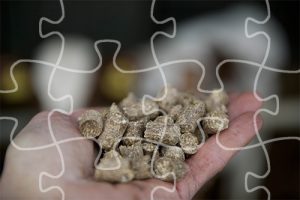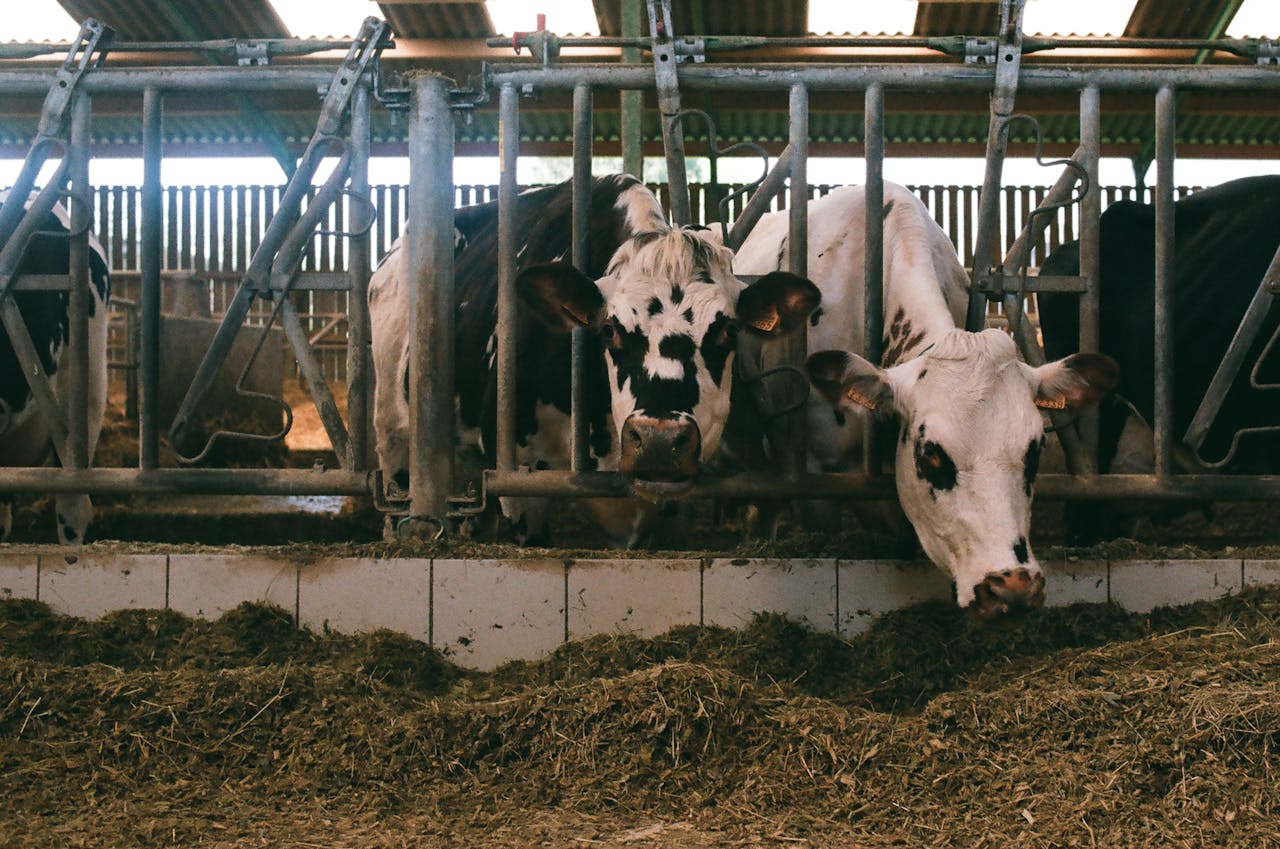A new study from Penn State shows that adding 15% whole cottonseed to dairy cow feed can help to boost the production of milk fat.
Whole cottonseed, a byproduct of processing cotton for fibre, is high in unsaturated fatty acid and the protein that cows need to produce milk fat. In a recent study published in the Journal of Dairy Science researchers found that cows fed a diet containing 15% whole cottonseed produced milk with 0.2% more fat and produced 5% more milk fat per day than cows not receiving cottonseed. Importantly, the cows ate just as much feed as usual, and there were no changes in milk protein levels or output.
Slow release of unsaturated fat
Team leader Kevin Harvatine, professor of nutritional physiology in the College of Agricultural Science and senior author on the study explains why the results of this study are important: “Whole cottonseed slowly releases its unsaturated fat in the rumen, which is the first chamber in a cow’s 4-chambered stomach where microbes break down fibrous foods. Most other sources of unsaturated fatty acids that can be fed to high-producing dairy cows have negative effects on the rumen. That slow release lowers the risk of “biohydrogenation-induced milk fat depression,” a condition that can result in up to a 50% decrease in milk fat.”
He adds: “Milk fat in the US had traditionally averaged approximately 3.75%, and now after 10 years of selectively breeding dairy cattle, the average is 4.2%. So, that brings us to the point of trying to do 2 things — increase milk fat by feeding additional fat, but then also keeping up with the cows’ demand for making that additional fat. That’s what led us to experiment with different feed supplements and one of them is whole cottonseed.”
The study set-up
The study, carried out at Penn State’s dairy barns, involved 16 multiparous cows. Over two 21-day periods, the cows were fed diets with and without 15% whole cottonseed, replacing a mix of cottonseed hulls and soybean meal. The researchers tested the cows’ blood for gossypol — a pigment in cottonseed that can be harmful at high levels — and found levels to be well below toxic thresholds. They also examined the cows’ manure and discovered that less than 3% of the cottonseeds were undigested.
Effect on methane emissions
In previous studies it’s been shown that unsaturated fatty acids can reduce methane emissions from dairy cows. However, in this study, adding whole cottonseed to the cows’ diets did not affect methane production.
Reference to the publication: Adeniji YA, Bomberger R, Goodall SR, Hristov AN, Stefenoni HA, Harvatine KJ. Effect of increasing dietary fat by feeding 15% whole cottonseed on milk production, total-tract digestibility, and methane emission in dairy cows. J Dairy Sci. 2025 Mar;108(3):2393-2406.


